36
I have found that Discourse and Discord are two options that stand out as particularly interesting when it comes to online community tools. As separate products, they each offer a unique set of features and functions that are designed to meet the needs and tastes of communities. In order to make an informed choice that meets the needs of your group, it is helpful to look into a full comparison of Discourse and Discord in a number of areas.
Having the right tools is important for building a healthy online group. Before I go into more detail about the differences between Discourse and Discord, I want to give you all the information you need to choose the best platform for your group.
Comparison Table
Before we get into the specifics of the comparison between Discourse and Discord, let’s take a short look at a comparison table that highlights the most important characteristics of both platforms.
| Feature | Discourse | Discord |
|---|---|---|
| Focus | Asynchronous Discussion 🕰️ | Real-time Communication ⏱️ |
| Target Audience | Larger Communities 🌍 | Gamers, Project Teams 🎮👥 |
| Communication Style | Threaded Discussions 💬 | Voice & Text Chat 🗣️💬 |
| Interface | Forum-like 📚 | Chat-based 📱 |
| Open Source | Yes ✅ | No ❌ |
| Cost | Free (Self-hosted) or Paid Plans 💳 | Freemium 💸 |
| Visit website | Visit website |
The sleek and user-friendly interface of Discourse is something that I find to be extremely enticing when I examine it. In addition, it features a contemporary design that makes navigation a breeze. The process of locating topics, responding to threads, and handling notifications are all easy actions that may be accomplished on Discourse.
Discord, on the other hand, has a dynamic UI that is designed specifically for real-time conversation, which you will realise when you use it. In addition to a sidebar that facilitates easy movement between different chat rooms and audio channels, the platform enables users to personalise both the servers and the channels through which they communicate.
Features and Functionality
Look at Discourse vs. Discord side by side to see that Discourse has more tools than Discord. Some of these features are discussions based on categories, badges, trust levels, secret messaging, polls, user profiles, and user profiles. People can have more in-depth conversations and share knowledge more easily with this tool. Discord, on the other hand, is great for talking to people in real time.
It offers a variety of capabilities, including text channels, voice channels, screen sharing, rich media embedding, roles and permissions, bots, and gaming integrations. Through the utilisation of these capabilities, you will find it simple to interact with other people and efficiently collaborate in a variety of settings.
Performance and Speed
From my own personal experience, I can say that Discourse distinguishes out from other platforms because it is built on contemporary web technology. This translates into quick loading times, a design that is responsive, and scalability that is ideal for managing huge communities such as the one we have.
When it comes to delivering servers that are optimised for low-latency communication, you will discover that Discord is an excellent choice. Because of this, it is a good option for engaging in phone calls and real-time discussions, even when there is a lot of traffic on the network.
Customization Options
As I proceed with my exploration of Discourse, I discover that it provides a multitude of choices for customisation. Developers like me are able to construct bespoke features that are targeted to specific requirements since they have access to a variety of features, like themes, plugins, CSS/HTML customisation, and API access.
Discord, on the other hand, offers a collection of customisation tools that are distinct from another. Enhanced functionality can be achieved through the customisation of server themes, the management of roles and permissions, the utilisation of emojis and bots, and the integration with third-party services.
Community Management Tools
From my point of view, Discourse provides a comprehensive set of moderation features, which include user trust levels, a flagging mechanism, a history of post modification, automatic backups, and spam prevention measures. These characteristics are essential for ensuring that an online community remains both healthy and well-organized.
Discord, on the other hand, has outstanding moderating options from my point of view. These features include roles and permissions, message pinning, message deletion, user banning, audit logs, and anti-spam and anti-raid tools. The successful management of a Discord server and the provision of a satisfying experience for users are both facilitated by these technologies.
Security Measures

I put security features very high on my list of priorities. From what I’ve seen, Discourse has strong security features like HTTPS support, data encryption, two-factor login, regular updates, and security patches made by the community. With these features, my online group is safe and secure from any possible threats.
At the same time, Discord also takes security very seriously, with tools like IP allowlisting, message encryption, server verification, captcha, and account protection. These features make my Discord server even safer by making sure that only people who are allowed to can access it and that conversation stays private and safe.
Integrations and Compatibility
From my own experience, I know that Discourse is great at integrating things. We can connect to a lot of well-known services, like Slack, Google Analytics, Zapier, GitHub, Google Drive, and WordPress. Not only do these connections make Discourse more useful, but they also make it easier to organise your work and connect to the tools you want to use.
But Discord have a lot of different integrations for things like game platforms, streaming services, bots, music players, productivity apps, and application programming interfaces (APIs) for developers. Because it’s flexible, Discord is a great choice for many users because it lets you tailor your experience to your needs and tastes.
Pricing Plans and Cost Comparison
As someone who has used Discourse a lot, I can said that it’s an open-source tool that lets you host it yourself for free if you know how to do it. With this self-hosting choice, I have full control over my forums, so I can make them look the way I want and keep them safe. There are, however, paid plans with a variety of perks available for Discourse users who want more advanced features and ease of use.
If you choose to pay for Discourse, you can use a lot of different tools that are designed to meet different needs. Most of the time, these plans come with bigger servers and more space for files, which makes it easier to run bigger communities or sites with lots of multimedia. Paid plans also usually come with specialised support services that make sure you get help and advice right away if you run into technical or operational problems.
Which platform suits you?
When it comes to the process of constructing online communities, I feel that Discourse is superior to Discord in terms of its ability to facilitate structured conversations, the exchange of information, the creation of lengthy material, and community forums that specialise in subjects other than gaming. Discord, on the other hand, is an excellent choice for real-time communication, gaming communities, voice chats, events, cooperation, and interactions that are rich in multimedia. On the basis of your requirements and the characteristics of your community, you have the ability to select the platform that is most congruent with your objectives.
If you enjoyed reading this post and believe it will be useful to your friends and family, share it on Facebook and Twitter. Sharing something of value improves the possibility that others may find it useful for their own needs.
Discourse: The Good and The Bad
Discourse has garnered a reputation for both its virtues and flaws when it comes to the realm of online community platforms. Let’s learn what it is that makes Discourse stand out, as well as the areas in which it might be lacking.
The Good
- Excellent for long-form discussions and knowledge sharing
- Highly customizable
- Powerful community management tools
- Open-source (potentially cost-effective)
The Bad
- Steeper learning curve for new users
- Less emphasis on real-time communication
Discord: The Good and The Bad
Discord has become one of the best ways to communicate and build communities in real time. It has its own pros and cons. Let’s look at what makes Discord a popular choice and what might not be so great about it.
The Good
- Real-time voice and video chat features
- Perfect for smaller, close-knit communities
- Strong integration with gaming and project management tools
The Bad
- Can feel cluttered with real-time conversations
- Limited customization options
Questions and Answers
Can I use both Discourse and Discord for my community?
Yes, it is possible to integrate both platforms in order to take advantage of their own advantages. As an illustration, utilising Discourse for lengthy conversations and Discord for real-time chats and audio calls are both examples of using Discourse.
Which platform is more secure, Discourse or Discord?
Not only do both platforms place a high priority on security, but the level of security can also be affected by the way in which the community administrators configure and operate the platforms.
Are there any limitations in the free versions of Discourse and Discord?
The free versions of both platforms offer a wide range of functionality; however, many advanced functionalities and customisation choices may be restricted to subscription plans or may require additional plugins or extensions to be installed.
You Might Be Interested In

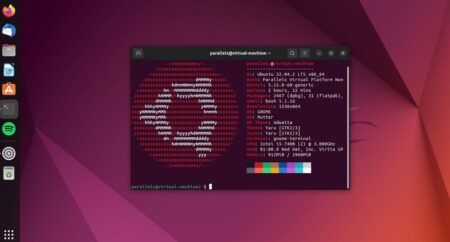
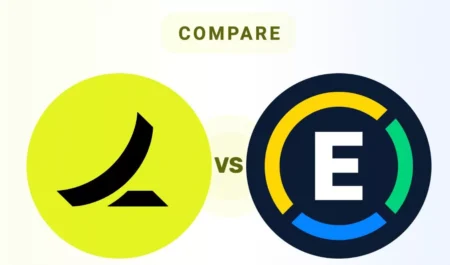


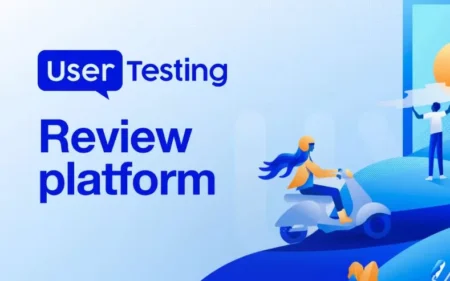

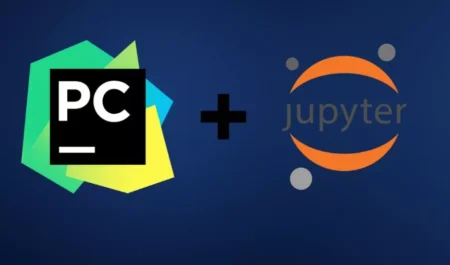
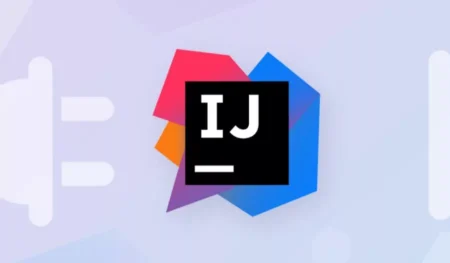

Leave a Reply